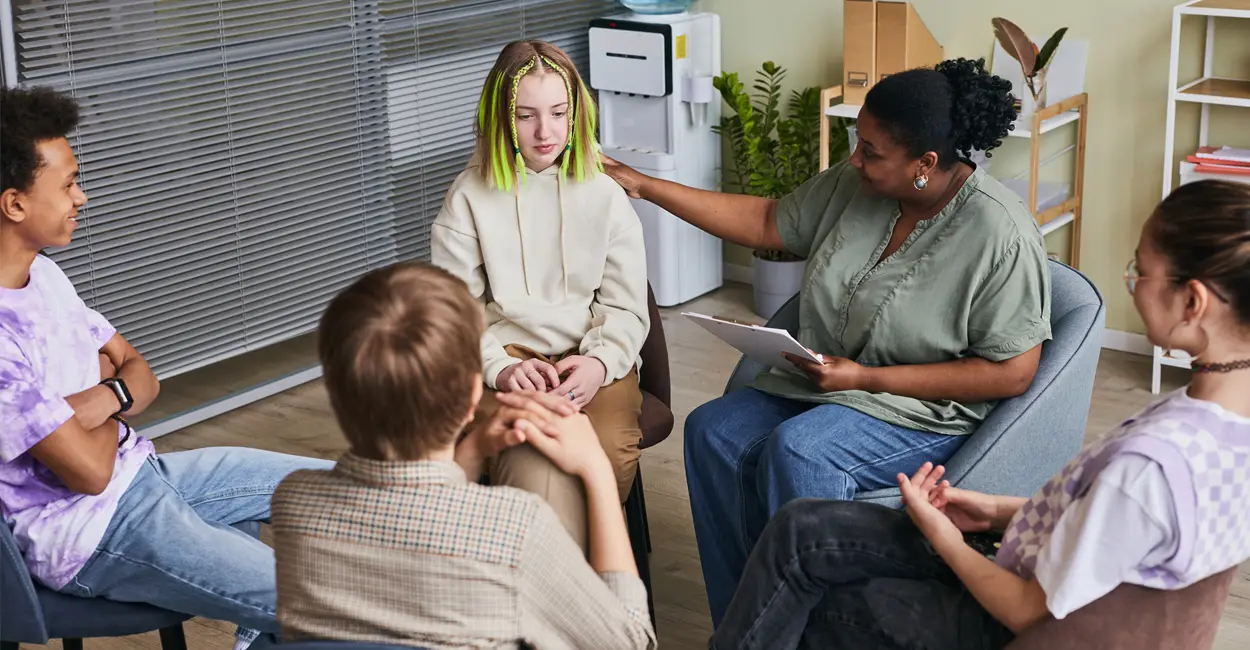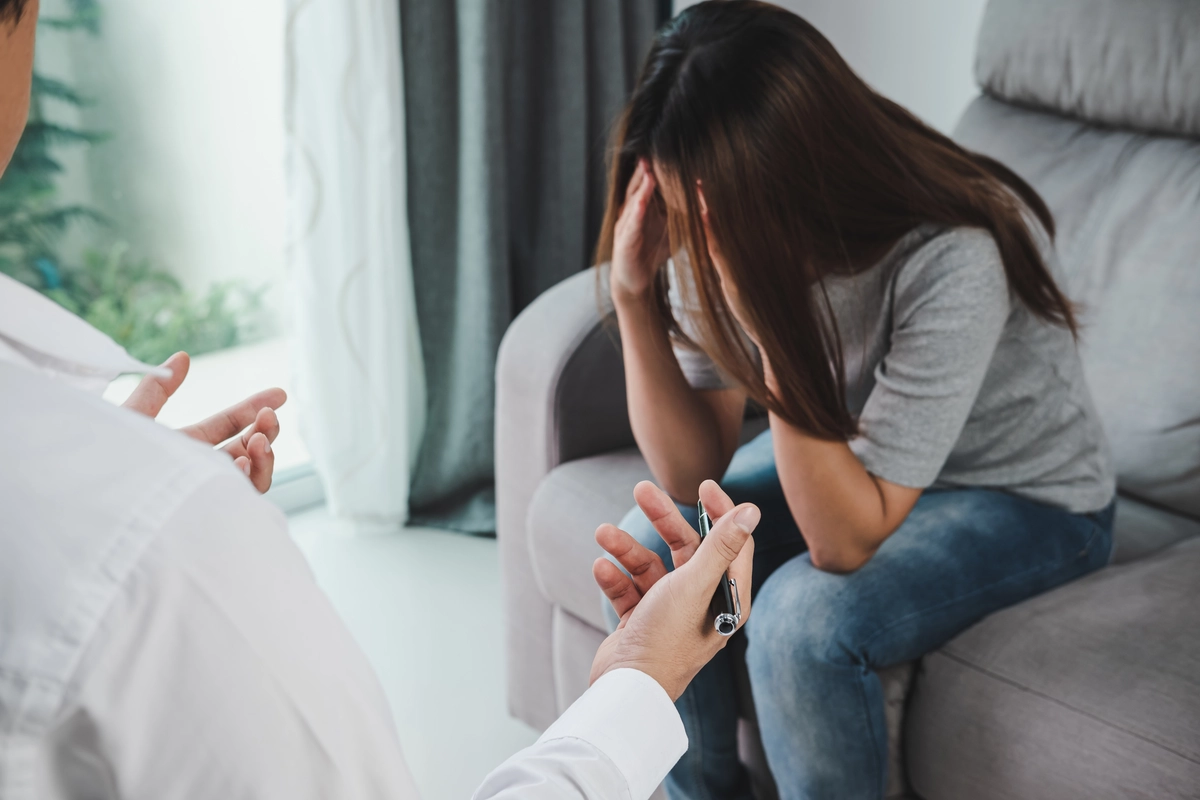24/7 Helpline:
(866) 899-221924/7 Helpline:
(866) 899-2219
Learn more about Prescription drug Rehab centers in Union County
Prescription drug Rehab in Other Counties

Other Insurance Options

Self-pay options

Providence

AllWell

GEHA

Health Net

Horizon Healthcare Service

Evernorth

Holman Group

State Farm

Optima

Multiplan

Cigna

Humana

WellPoint
Beacon

Anthem

UnitedHealth Group

BHS | Behavioral Health Systems

ComPsych

United Health Care

Oxford Treatment Center
Oxford Treatment Center, in Etta, Mississippi, is a luxury, 12 step focused drug and alcohol rehab f...










































